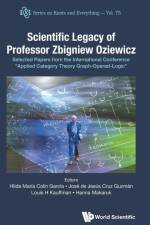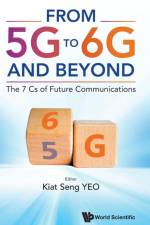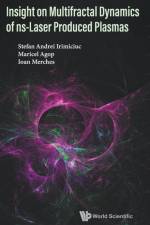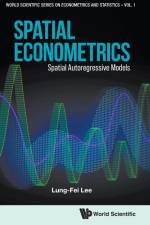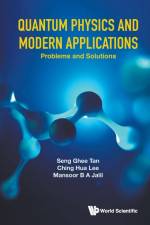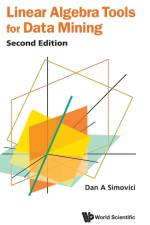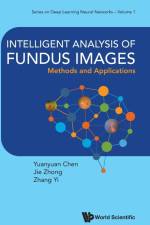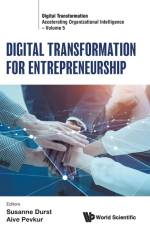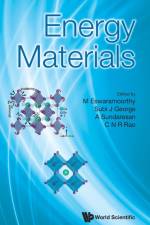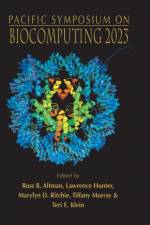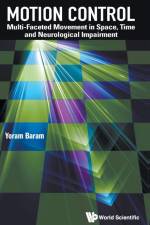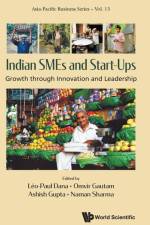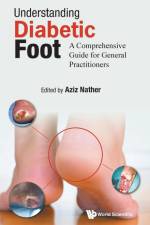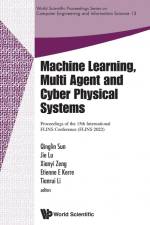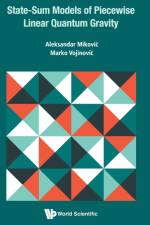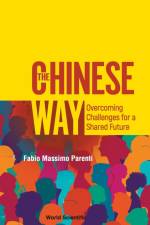av Jie Lu
2 767
FLINS, an acronym originally for Fuzzy Logic and Intelligent Technologies in Nuclear Science, was inaugurated by Prof. Da Ruan of the Belgian Nuclear Research Center (SCK·CEN) in 1994 with the purpose of providing PhD and Postdoc researchers with a platform to present their research ideas in fuzzy logic and artificial intelligence. For more than 28 years, FLINS has been expanded to include research in both theoretical and practical development of computational intelligent systems.With this successful conference series: FLINS1994 and FLINS1996 in Mol, FLINS1998 in Antwerp, FLINS2000 in Bruges, FLINS2002 in Gent, FLINS2004 in Blankenberge, FLINS2006 in Genova, FLINS2008 in Marid, FLINS2010 in Chengdu, FLINS2012 in Istanbul, FLINS2014 in Juan Pesoa, FLINS2016 in Roubaix, FLINS2018 in Belfast and FLINS2020 in Cologne, FLINS2022 was organized by Nankai University, and co-organized by Southwest Jiaotong University, University of Technology Sydney and Ecole Nationale Supérieure des Arts et Industries Textiles of University of Lille. This unique international research collaboration has provided researchers with a platform to share and exchange ideas on state-of-art development in machine learning, multi agent and cyber physical systems.Following the wishes of Prof. Da Ruan, FLINS2022 offered an international platform that brought together mathematicians, computer scientists, and engineers who are actively involved in machine learning, intelligent systems, data analysis, knowledge engineering and their applications, to share their latest innovations and developments, exchange notes on the state-of-the-art research ideas, especially in the areas of industrial microgrids, intelligent wearable systems, sustainable development, logistics, supply chain and production optimization, evaluation systems and performance analysis, as well as risk and security management, that have now become part and parcel of Fuzzy Logic and Intelligent Technologies in Nuclear Science.This FLINS2022 Proceedings has selected 78 conference papers that cover the following seven areas of interests:Evolving Deep and Transfer Learning Models for Computer Vision and Medical Imaging,Applications, Theories and New Trends for Networked Systems,Intelligent wearable systems and computational techniques,Decision making under uncertainty: emerging topics and applications,Computational Techniques Based Intelligent Manufacturing Systems in Process Industry,Computational Intelligence for Sustainability, andAdvances in Reasoning Based Rational Decision Making.

